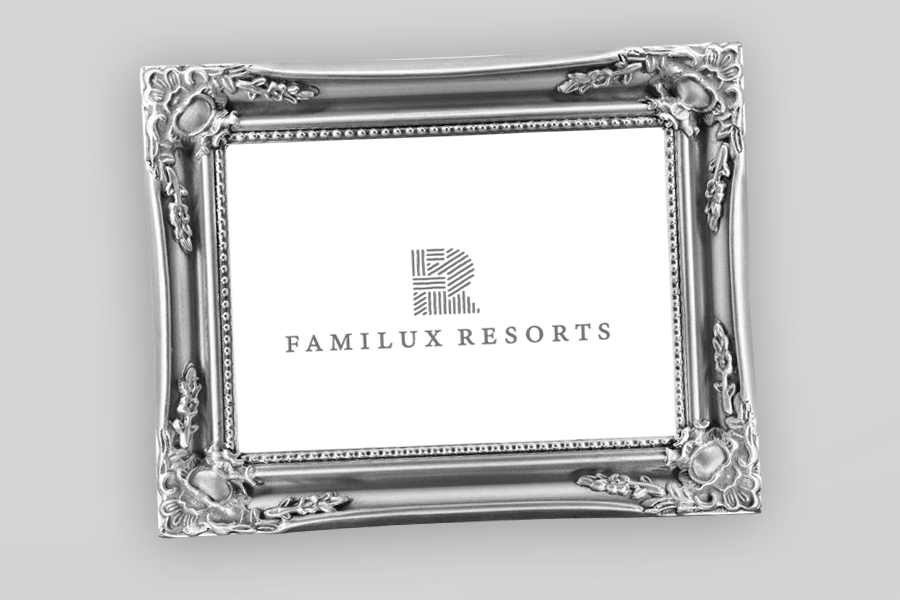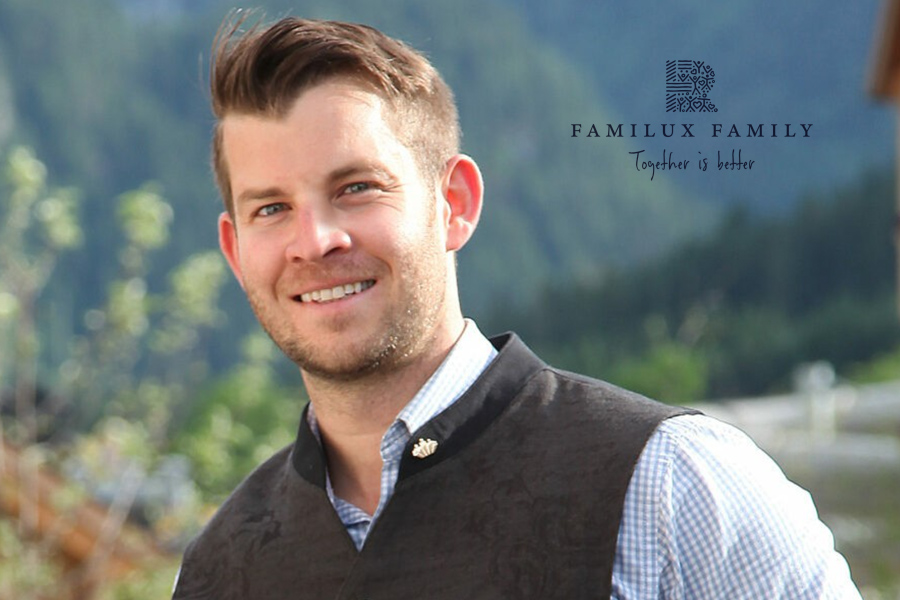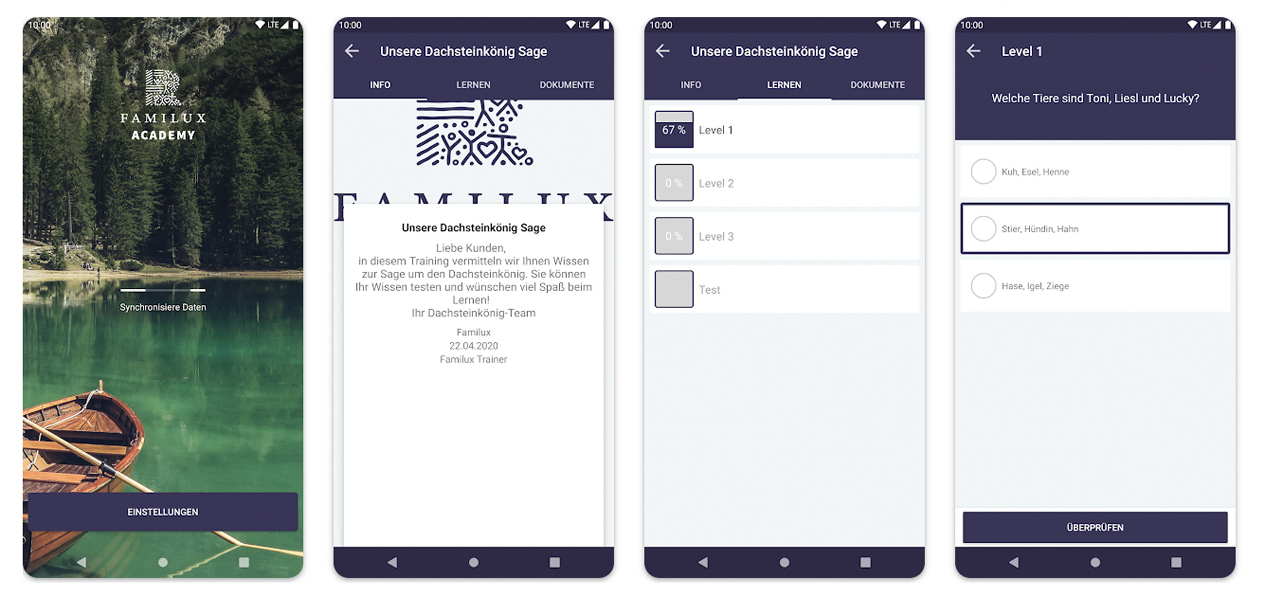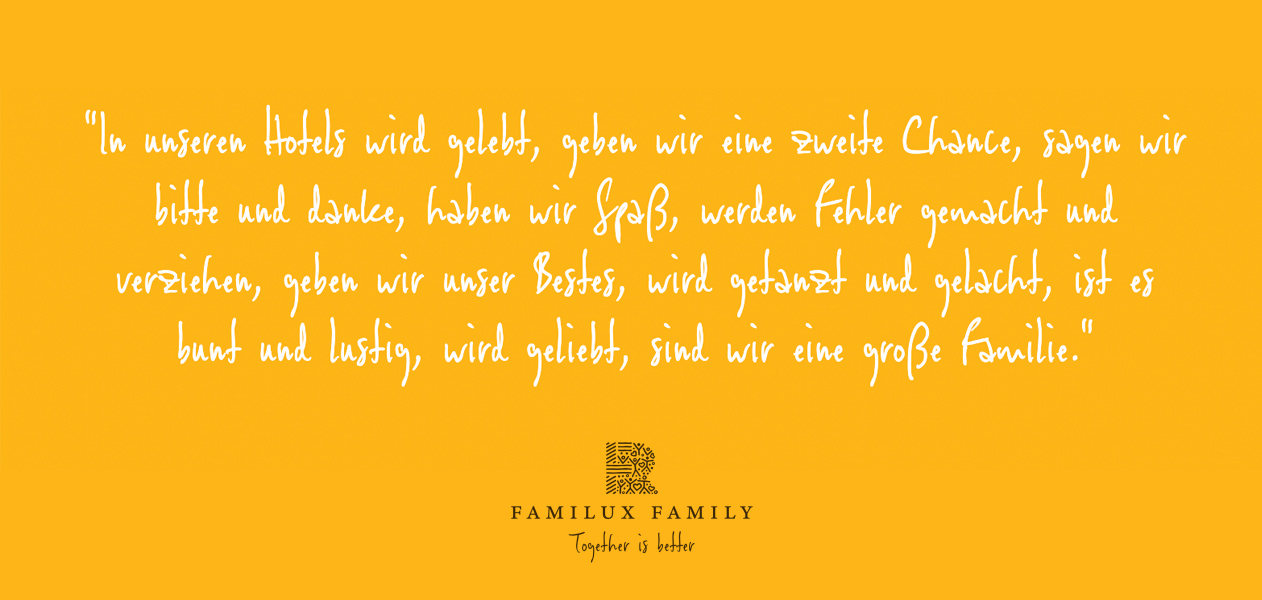„Wir konnten die Fluktuation auf ein Allzeit-Tief senken und sind nun in der komfortablen Position, in keinem unserer Häuser von einem Mitarbeiter-Mangel zu sprechen.“
Wir haben uns mit Florian Mayer über seine Erfahrungen mit PERSENTIS unterhalten:
Ihr habt mit der FAMILUX Gruppe einen starken Fokus auf eure Mitarbeiter. Vor kurzem wurde bereits zum zweiten Mal eine PERSENTIS Analyse durchgeführt. Worin siehst du den Vorteil bzw. den besonderen Nutzen?
Wir sind im Jahr 2021 das erste Mal mit einer gruppenweiten Umfrage direkt an unsere Mitarbeiter herangetreten. Der Nutzen liegt natürlich für uns auf der Hand: Bei mittlerweile ca. 750 MA ist es für uns auf Gruppenebene schwierig, einzelne Meinungen und eventuell entstehende Strömungen zu erfassen. Durch das Umfragetool PERSENTIS war es uns nun möglich, jedem einzelnen eine Stimme zu geben – egal ob GM oder Azubi. Wir haben hierdurch ein breites Meinungsspektrum unserer Mitarbeiter erhalten mit viel Lob aber auch zahlreichen Hinweise und Kritik.
Was sind eure wichtigsten Erkenntnisse aus der Analyse?
Eine der wichtigsten Erkenntnisse war und ist sicher, dass wir von unseren Mitarbeitern bestätigt bekommen haben, dass wir mit unserer einzigartigen FAMILUX Mitarbeiterphilosophie sehr sehr viel richtig gemacht haben und richtig machen. Wir haben für unsere besonderen Benefits aber auch für das familiäre Miteinander enormen Zuspruch bekommen. Mindestens aber genau so wichtig war die Analyse der noch bestehenden Schwächen, die es natürlich auch noch gibt. Wir konnten so unsere Schwachstellen in der Mitarbeiterführung herausfinden und mit Sofortmaßnahmen wie der FAMILUX Academy, der 4-Tage-Woche oder neuen Recruiting Wegen entgegensteuern, sodass wir nun in der komfortablen Position sind, in keinem unserer Häuser von einem Mitarbeiter-Mangel zu sprechen oder wie mittlerweile vielerorts üblich Teilbereiche der Hotels zu schließen bzw. die Auslastung zu deckeln.
Konntet ihr schon konkrete Maßnahmen aus den PERSENTIS Ergebnissen ableiten? Was hat sich verändert?
Wir haben direkt nach der ersten PERSENTIS Umfrage alle Hoteldirektoren sowie die Eigentümerfamilie an einen Tisch gebracht und die Ergebnisse detailliert besprochen. Daraus folgend haben wir unsere FAMILUX Academy neu aufgesetzt und mit der Talent Academy ein eigenes Führungskräftetrainingsprogramm auf den Markt gebracht, was in der Branche seinesgleichen sucht. Wir schulen hier die besten 3 Talente pro Hotel in unserer eigenen Academy und ermöglichen ihnen kostenfreien Zugang zu niveauvoller Bildung, welche sie dann in Führungspositionen im eigenen Unternehmen einbringen soll. Auch die 4-Tage-Woche konnten wir umsetzen, um unseren Mitarbeitern eine noch bessere Work-Life-Balance zu bieten.
Könnt ihr schon Veränderungen an Zahlen festmachen? Hat sich z.B. die Fluktuationsrate verbessert?
Eine natürliche Fluktuation, wie sie in der Hotellerie und Gastronomie üblich ist, haben auch wir. Branchenbedingt lässt sich dies nie ganz vermeiden und auch wir haben mit einer gewissen Fluktuation zu kämpfen. Sehr wohl können wir aber durch die Maßnahmen, welche wir u.a. nach den Umfragen treffen konnten, feststellen, dass wir auf stabile Mitarbeiterzahlen mit geringer Fluktuation blicken können. Als Beispiel sei hier das Housekeeping in unserem Dachsteinkönig – Familux Resort erwähnt, bei dem wir seit einem knappen Jahr keine Kündigung verzeichnet haben, da hier die Kombination aus einem starken Abteilungsleiter gepaart mit der FAMILUX Philosophie eine Wohlfühlatmosphäre geschaffen hat, die seinesgleichen sucht. Außerdem konnten wir unser neuestes Resort in Oberhof im Thüringer Wald in einer strukturell eher schwierigen Region mit mehr als 140 Mitarbeitern eröffnen bei einem Anteil an einheimischen Mitarbeitern von ca. 85 %!
Manche Unternehmer scheuen sich davor, offenes Feedback von ihren Mitarbeitern einzuholen. Was würdest du denjenigen sagen? Wie ist deine Erfahrung dazu?
Nur durch offenes Feedback kann man sich selbst reflektieren und besser werden. Angst oder Scheu sind hier sicher der falsche Ratgeber. Wer sich bewusst ist, dass die Mitarbeiter das höchste Gut eines Unternehmers sind, der kann solche Tools nur für sich nutzen und darf sich davor nicht scheuen.
Nie wären wir da, wo wir jetzt sind, wenn wir unseren Mitarbeitern nicht aufmerksam zugehört hätten.
Und zum Abschluss ganz allgemein: Was können Arbeitgeber in der Hotellerie jetzt tun, um das Gastgebertum wieder zu einem attraktiven Berufsfeld zu machen?
Für mich ist der Schlüssel eigentlich einfach. Man muss den Mitarbeitern das Gefühl geben, sie sind genauso wichtig, wenn nicht wichtiger als der Gast. Man muss rund um die Mitarbeiter eine „Welt“ schaffen, die ihnen optimale Bedingungen schafft. Und damit meine ich nicht explizit den finanziellen Faktor, der selbstredend ein wichtiger Bestandteil eines Arbeitsverhältnisses bleibt. Gute Arbeit muss immer auch entsprechend entlohnt werden. Vor allem aber meine ich damit den Mitarbeitern das Gefühl zu geben, auf Arbeit „zuhause“ zu sein. Gerne zur Arbeit zu kommen und das immer mit dem Ziel, dass die Mitarbeiter sich mit dem Unternehmen zu 100% identifizieren. Gepaart mit zukunftsorientiertem Denken, innovativen Ideen und einem digitalisierten Arbeitsumfeld findet man auch in Zeiten des Fachkräftemangels noch viele motivierte Menschen in der Hotellerie.






